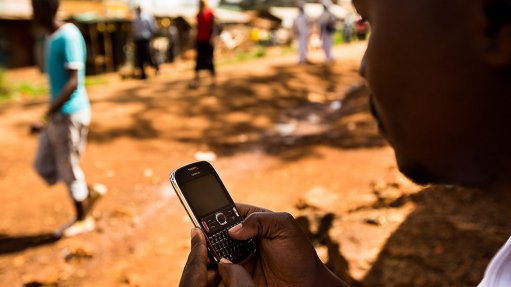
The shortlist of innovations in the Africa Prize for Engineering Innovation was announced on Wednesday, comprising 12 new innovations from seven African countries.
The shortlist announced by the UK’s Royal Academy of Engineering (RAEng) included innovations in agriculture, nanotechnology, sanitation, security and mobile applications.
The shortlisted candidates would now participate in a training and mentoring programme over the course of the next six months, during which they would interact with top business development and engineering experts, RAEng fellow and chair of the judging panel Malcolm Brinded said.
“The training will be focused on proving, scaling up and commercialising their engineering innovations,” he said.
He added that all the shortlisted candidates had innovations with the potential to have a significant, positive impact, stating that they would benefit from the networks and entrepreneurial skills gained during the next six months.
Following the training and mentorship period, three finalists would be invited to present their innovations and an overall winner would be selected to receive £25 000, with two runners-up to be awarded £10 000 each.
The shortlisted entries included a Kenyan innovation aimed at enabling interoperability between different mobile networks in a multi-Sim environment, as well as a removable burglar-bar system for emergency exits, an affordable multipurpose cleaner and a mobile application to make card payments through phones and tablets from Nigerian entrepreneurs.
Further, two South African innovations – a fence tampering warning system for farmers and an industrial process and quality control system for the fluids manufacturing industry – had made it into the top 12, while Uganda had one innovation on the shortlist – a full-cycle sanitation service to reduce pollution to the environment and prevent diarrheal disease.
A mobile device application that teaches children how to read Shona, and portable crushing machines for small and medium-sized mining operations – both developed in Zimbabwe – were also included in the shortlist, along with a precise and regulated fertiliser applicator for small-scale farmers, entered by a Zambian entrepreneur.
Tanzania also had two innovations in the top 12, one which used mechanical pressing to produce enzyme-free clear banana juice, and another that integrated nanotechnology and sand-based water filtration to produce safe drinking water.
“RAEng is delighted with the response to this first Africa Prize. We are looking forward to the next phase, and the next round of applications in April 2015. I hope all ambitious African engineering entrepreneurs will start planning for that opportunity,” Brinded concluded.